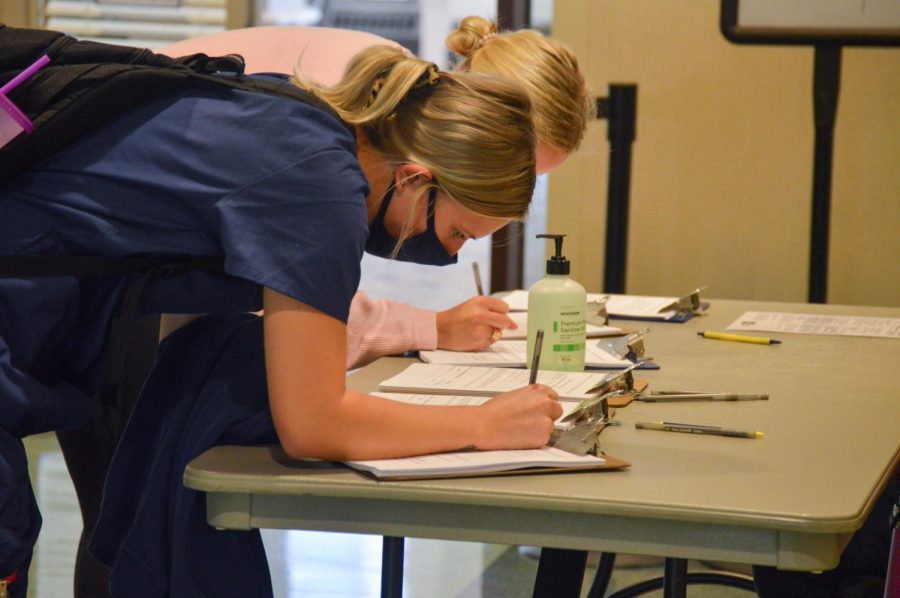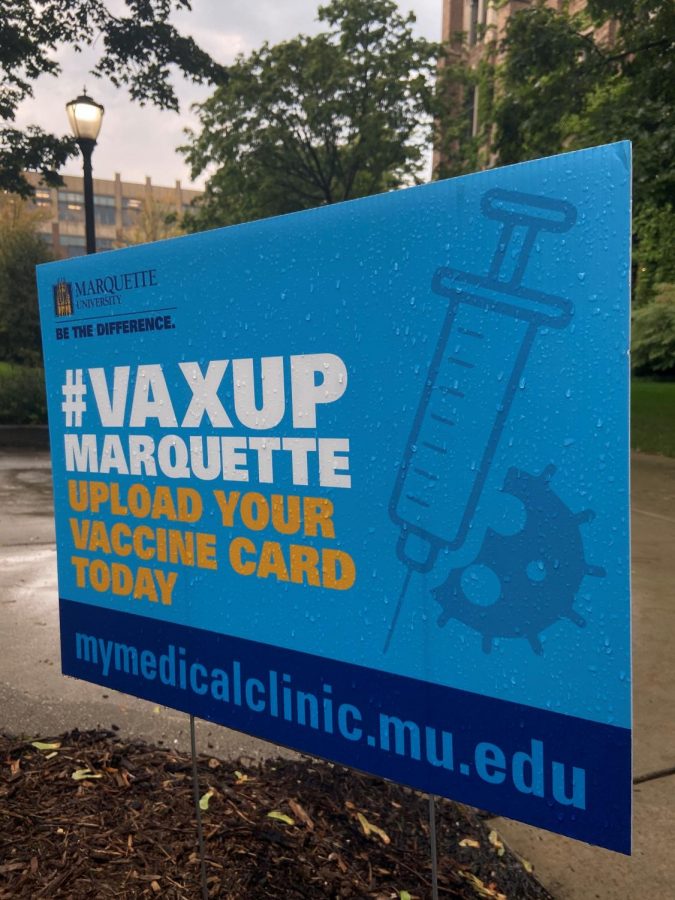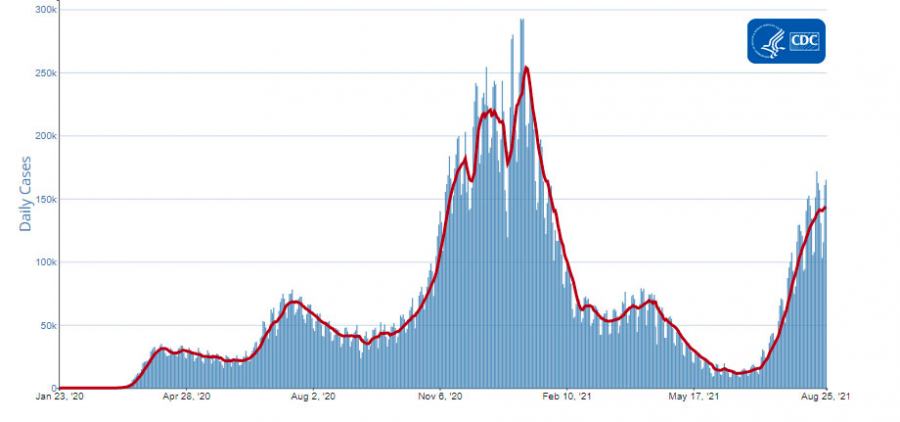As the omicron variant of COVID-19 surges and a record-breaking number of people are becoming infected with the flu, cases of “flurona” are beginning to be reported.
The term “flurona,” coined by an Israeli news outlet Jan. 2, refers to when a person is infected with both influenza and COVID-19 simultaneously. “Flurona” is neither a medical diagnosis nor a new COVID-19 variant, it is a term used to describe influenza and COVID-19 co-infection.
“Flurona” was first confirmed in Israel in December 2021 when an unvaccinated pregnant woman tested positive for both the flu and COVID-19.
While the term “flurona” may be new, instances of co-infection are not. Influenza and COVID-19 co-infections have been reported as early as February 2020 in New York.
The World Health Organization said both COVID-19 and the flu are respiratory infections, which means both have similar symptoms. Symptoms of the flu include fever, cough, sore throat and runny nose. Common symptoms of COVID-19 include fever or chills, cough, shortness of breath or difficulty breathing, fatigue, muscle or body aches and loss of taste or smell.
“I got COVID right after Christmas and it was hard to tell because I usually have colds, and all my symptoms were just my usual cold symptoms. I can’t imagine what having that and the flu would be like,” Sam Gutierrez, a junior in the College of Communication, said.
WHO said that both viruses are transmitted through droplets and aerosols that can be passed on by coughing, sneezing, speaking or breathing.
Symptoms of COVID-19 appear anywhere from two to 14 days after exposure and symptoms of the flu appear one to four days after infection.
For both COVID-19 and the flu, it’s possible to spread the virus for at least one day before experiencing any symptoms. Those with the flu can remain contagious for about seven days and those with COVID-19 for at least 10 days.
Because the two viruses have nearly identical symptoms, testing is needed to diagnose both. Testing for COVID-19 and the flu requires either a nasal or throat swab.
Both are airborne diseases, so the Centers for Disease Control and Prevention recommends social distancing and wearing a mask in public, indoor spaces to avoid infection as well.
“Precautions that can decrease risk of contracting either virus include getting vaccinated for both influenza and COVID-19, wearing a mask in indoor spaces and crowded outdoor spaces, avoiding large gatherings, avoiding close contact with people that are sick, washing your hands often and avoiding touching your eyes, nose or mouth,” Keli Wollmer, executive director of the Marquette University Medical Clinic, said.
The Centers for Disease Control and Prevention said the 2020-21 flu season was the “lowest recorded since this type of data collection began in 2005” with only 0.2% of 818,939 respiratory specimens tested by U.S. clinical laboratories being positive for an influenza virus.
The CDC said COVID-19 prevention measures such as wearing face masks, staying home, hand-washing, school closures, reduced travel, increased ventilation of indoor spaces and physical distancing contributed to the decrease in 2020-21 flu cases.
However, the 2021-22 flu season’s current positivity rate averages at 2.2% a week as of Jan. 16.
The CDC recommends getting both the flu vaccine as well as the COVID-19 vaccinations and booster to avoid co-infection. The COVID-19 and flu vaccines are able to be administered at the same time.
COVID-19 vaccinations are available for everyone age five and older and COVID-19 booster shots are available for everyone age 18 and older. If you received the Pfizer or Moderna vaccination series, you are eligible for a booster at least five months after your last dose and at least two months after if you received Johnson & Johnson.
Flu vaccinations are available by appointment at the Marquette University Medical Clinic. There is no charge for the flu vaccination for full-time undergraduate students, employees and dependents participating in the Marquette medical insurance plan. Everyone older than six months of age is eligible for the flu vaccine.
“Being as safe as you can be is always important,” Anna Houston, a junior in the College of Communication, said. “I have friends and family with medical vulnerabilities so for me, it is always important to do things like get vaccinated and wear a mask for the people around you.”
Since Jan. 1, there have been 6,928 positive COVID-19 cases in the City of Milwaukee, with a 35.9% positivity rate. As of Jan. 16, Milwaukee still has an “extreme transmission” status with 908.6 confirmed cases per 100 thousand.
Marquette University’s COVID-19 alert level is moderate, as of Jan. 16, with 158 confirmed positive COVID-19 cases in the last 14 days.
“Take good care of your body,” Wollmer said. “Get plenty of sleep, drink plenty of water, eat food high in nutrients, such as vegetables, fruits and nuts, stay physically active and manage stress.”
This story was written by Bailey Striepling. She can be reached at bailey.striepling@marquette.edu.








